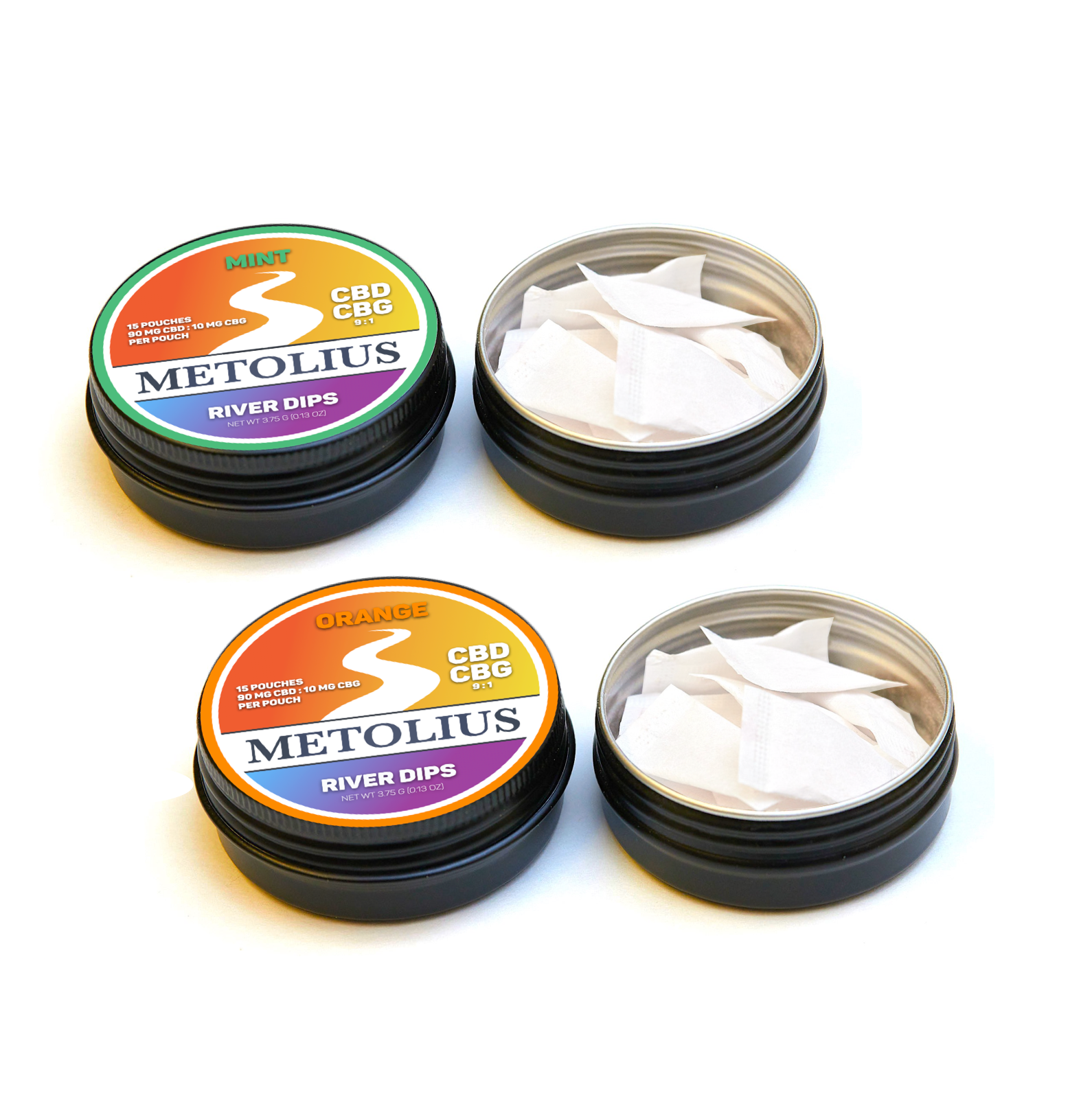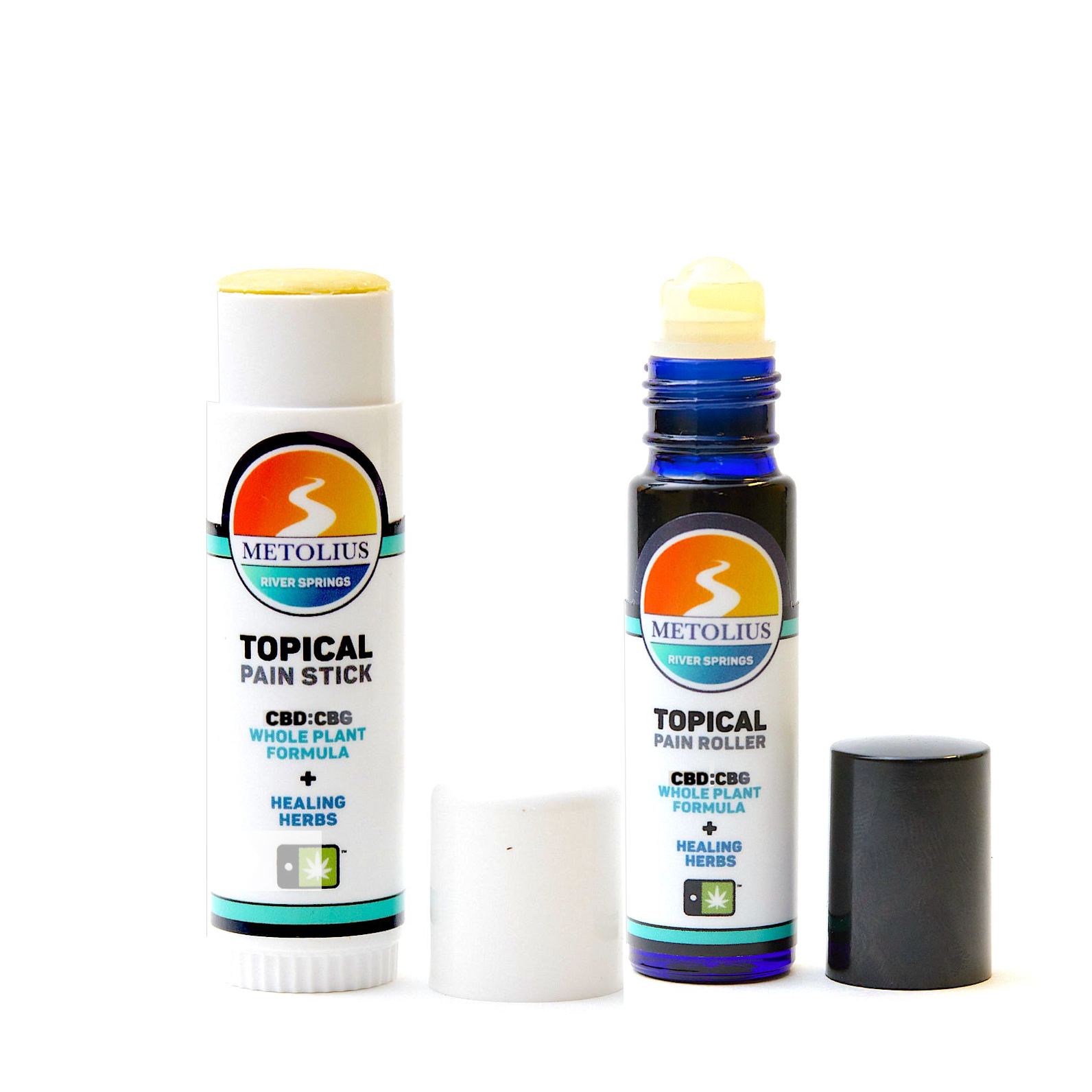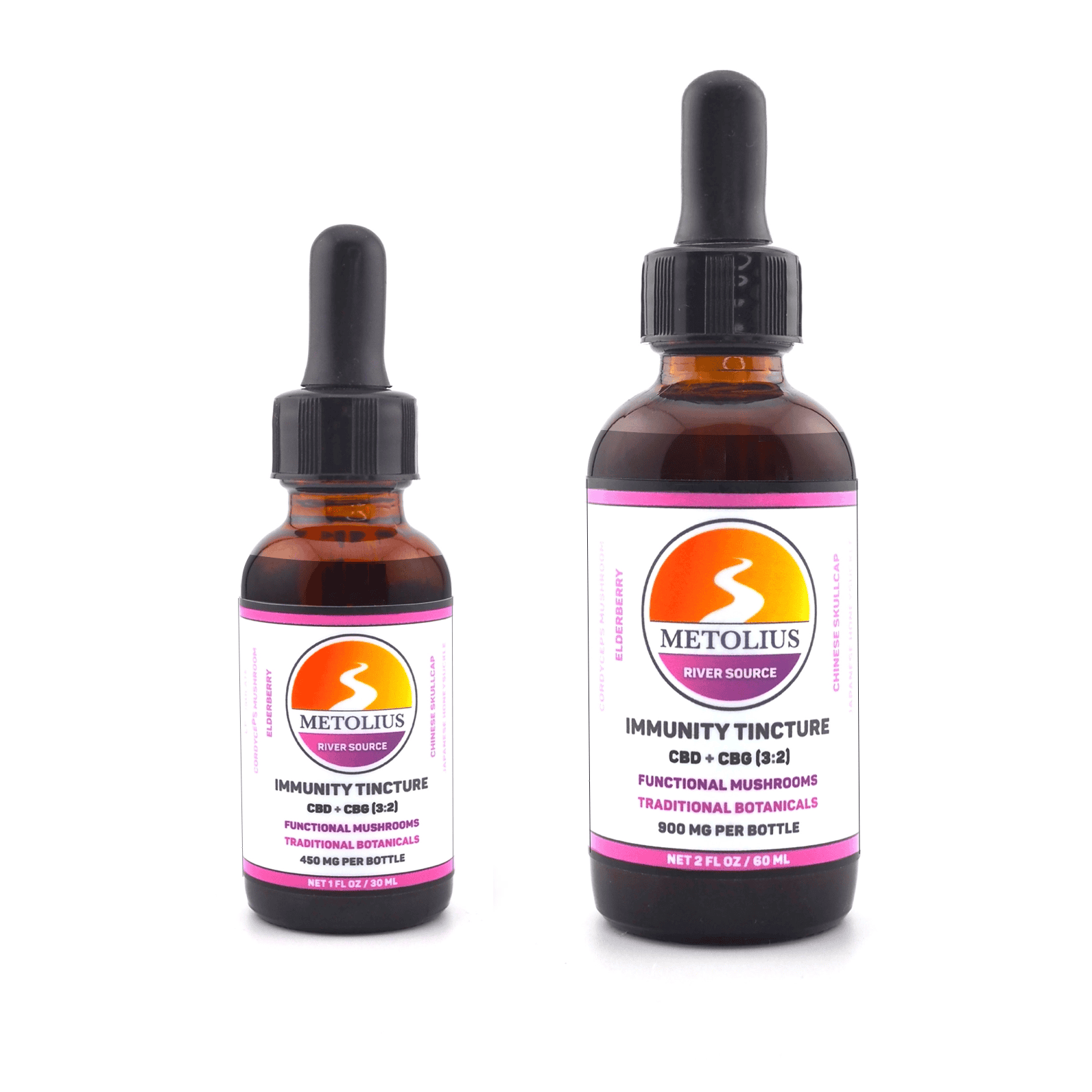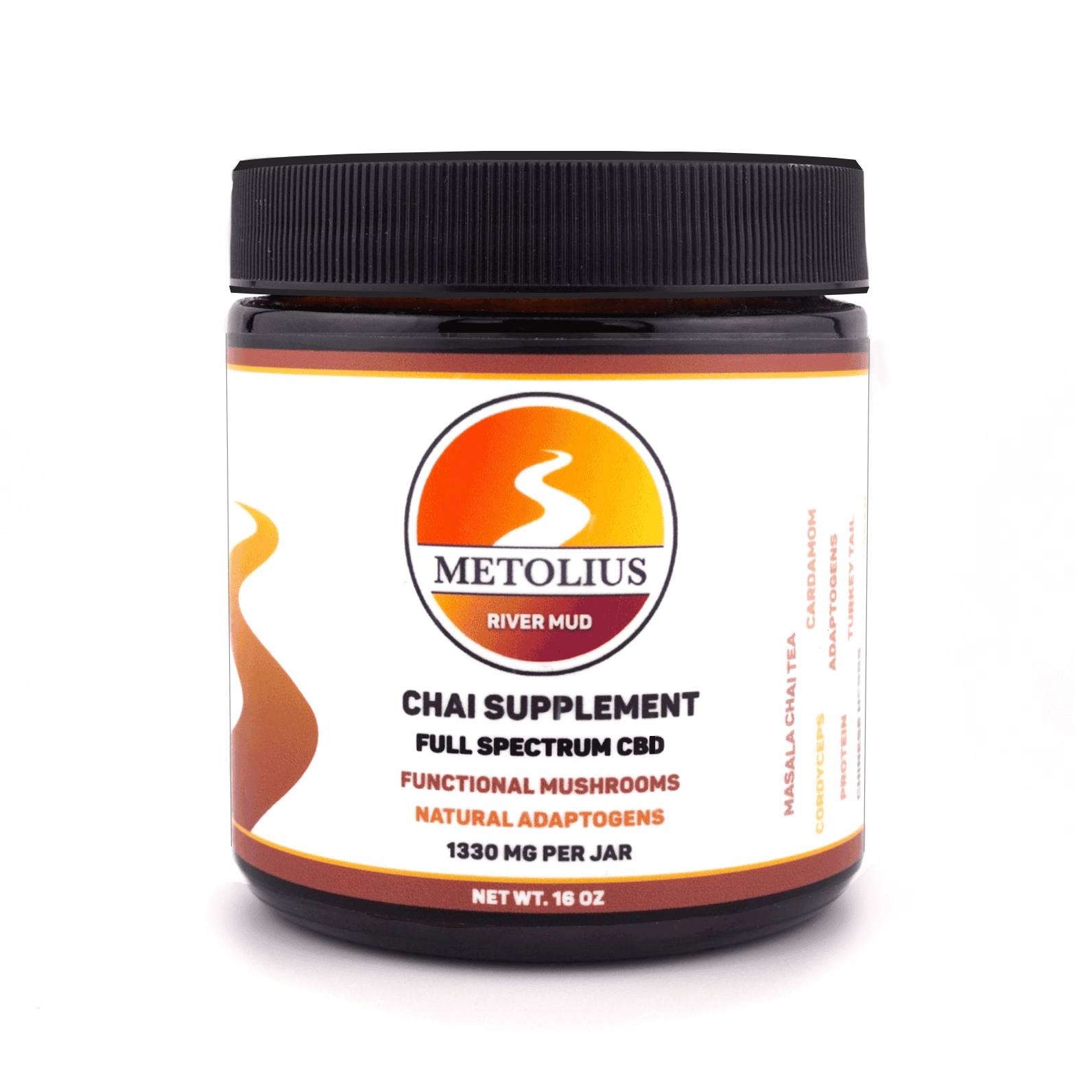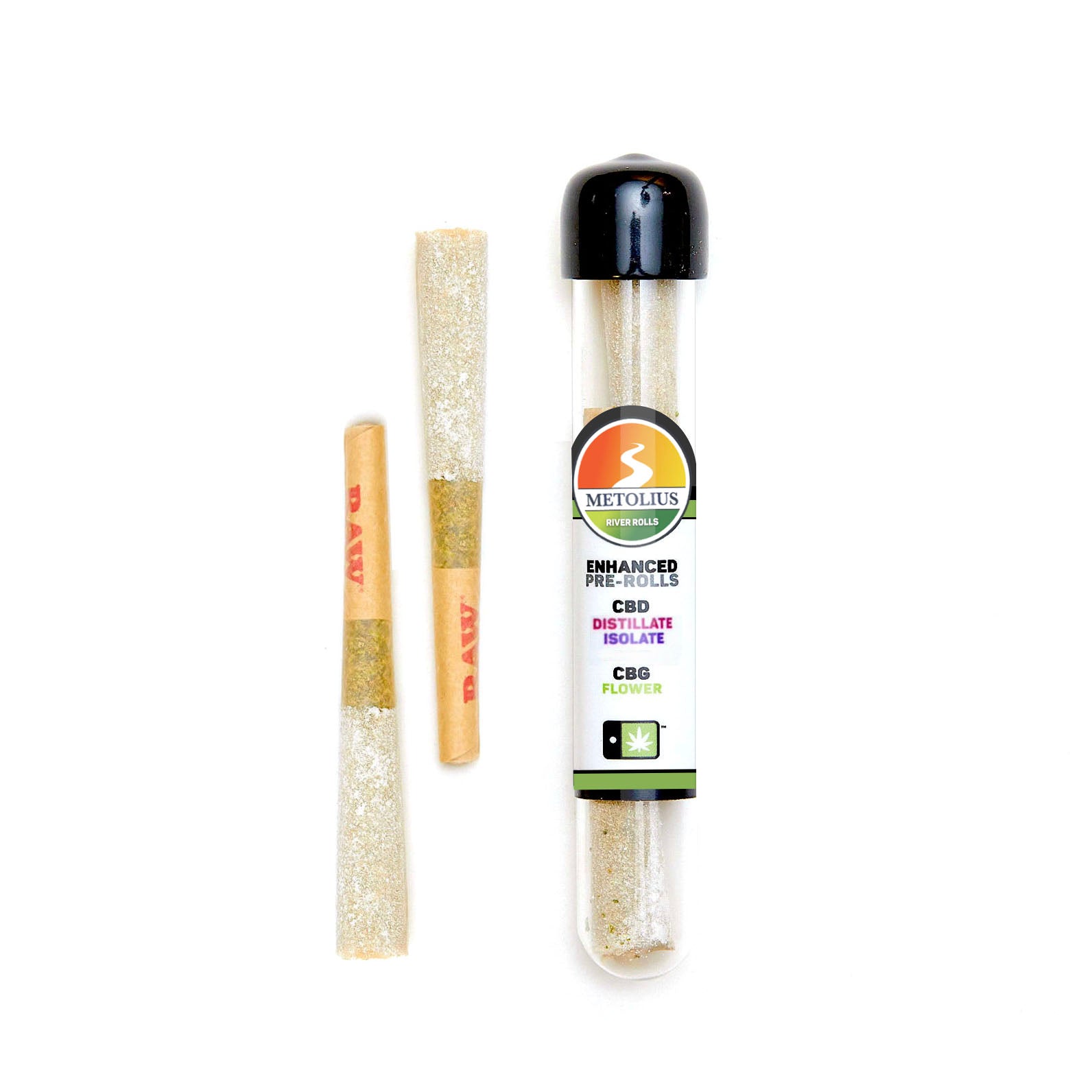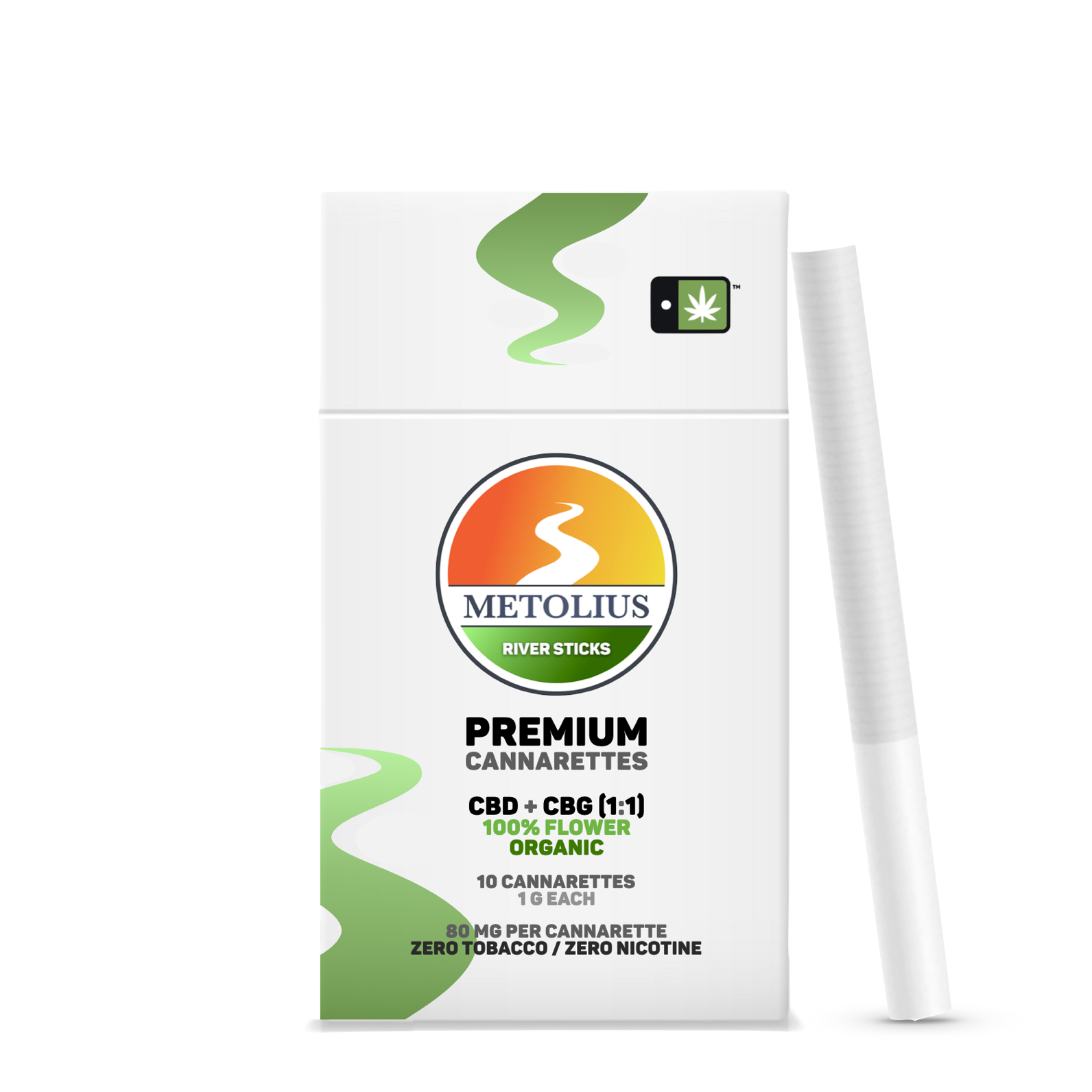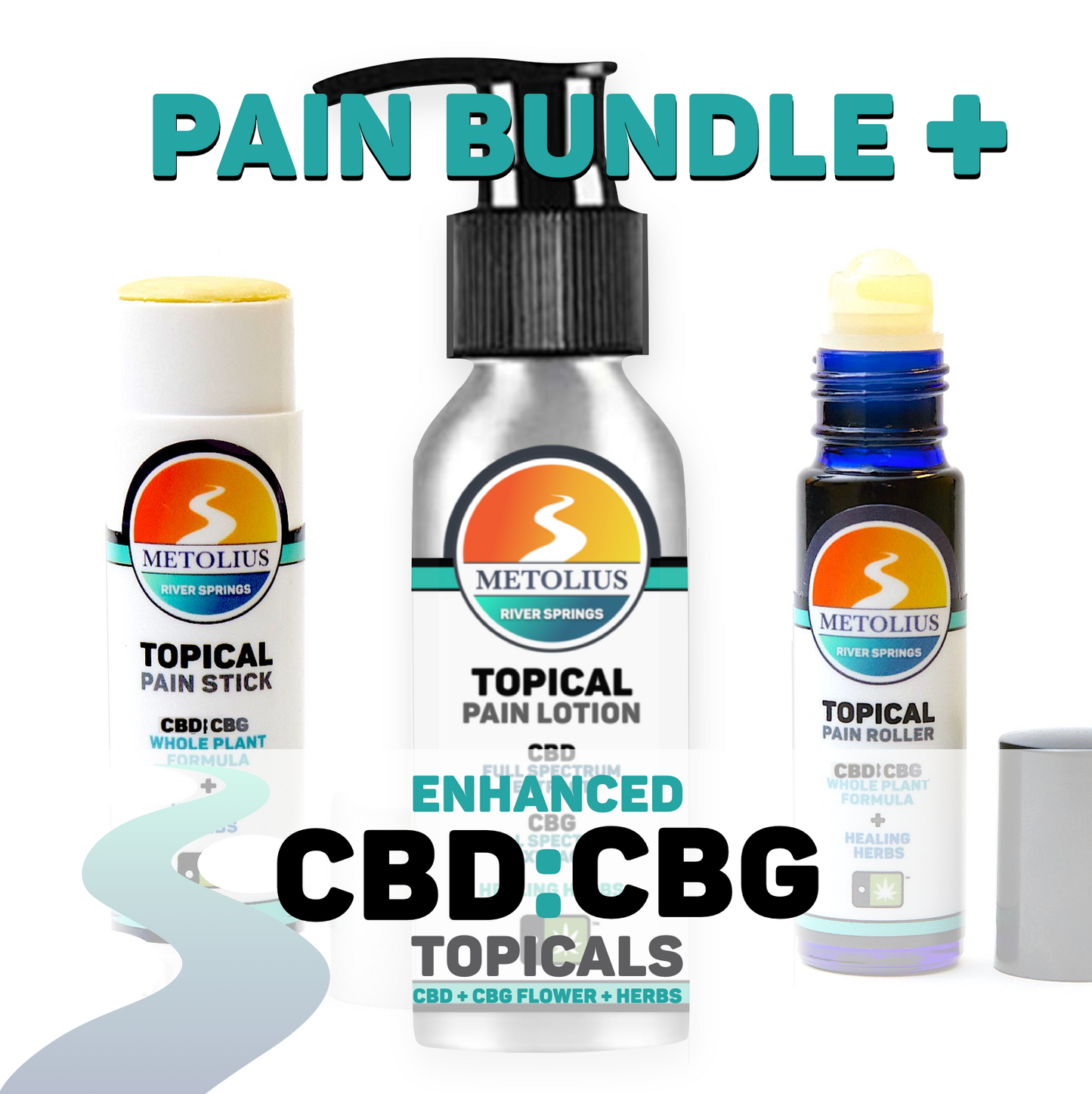
As we age, our bodies can experience pain and stiffness in our muscles and joints, which can limit our mobility and decrease our quality of life. CBD (cannabidiol) and CBG (cannabigerol) are two compounds found in the cannabis plant that have shown promise in reducing pain and inflammation. When used as topicals in the form of salve, balm, roll-on, and lotion, CBD and CBG can improve mobility and enhance the quality of life for individuals.
CBD and CBG interact with the body's endocannabinoid system (ECS), which is responsible for regulating various bodily functions, including pain, inflammation, and immune response. The ECS has receptors throughout the body, including the skin, making topical application of CBD and CBG a promising method for reducing pain and inflammation.
Studies have shown that topical application of CBD and CBG can reduce pain and inflammation in conditions such as arthritis and neuropathic pain. A 2015 study published in the European Journal of Pain found that topical CBD reduced pain and improved mobility in individuals with arthritis. Another study published in the Journal of Experimental Medicine in 2012 found that CBG reduced inflammation in a mouse model of inflammatory bowel disease.
CBD and CBG topicals have also shown promise in reducing pain and inflammation associated with exercise-induced muscle soreness. A 2020 study published in the Journal of Clinical Medicine found that topical CBD reduced pain and improved muscle recovery in individuals with lower back pain caused by exercise.
In addition to reducing pain and inflammation, CBD and CBG topicals can also improve skin health. CBD has been shown to have anti-inflammatory and antioxidant properties, making it a potential treatment for conditions such as acne and eczema. A 2019 study published in the Journal of Clinical Investigation found that CBD reduced sebum production and improved skin hydration in individuals with acne.
CBG also has potential in improving skin health. A 2020 study published in the Journal of Natural Products found that CBG had antimicrobial properties, making it a potential treatment for skin infections.
Using CBD and CBG topicals on a daily basis can improve mobility, reduce pain and inflammation, and enhance the quality of life for individuals. As with any supplement, it is important to consult with a healthcare provider before starting a CBD or CBG regimen.
In conclusion, CBD and CBG topicals are promising treatments for reducing pain and inflammation and improving skin health. When used on a daily basis, CBD and CBG topicals can enhance the quality of life for individuals with muscle and joint pain. More research is needed to fully understand the potential of CBD and CBG topicals, but the studies to date are promising.
References:
- Hammell, D. C., et al. (2015). Transdermal cannabidiol reduces inflammation and pain-related behaviours in a rat model of arthritis. European Journal of Pain, 20(6), 936-948.
- Borrelli, F., et al. (2013). Beneficial effect of the non-psychotropic plant cannabinoid cannabigerol on experimental inflammatory bowel disease. Biochemical Pharmacology, 85(9), 1306-1316.
- Lattanzi, S., et al. (2020). Effect of topical cannabidiol oil on symptoms of spasticity in patients with multiple sclerosis: a randomized, double-blind, placebo-controlled trial. European Journal of Neurology, 27(11), 1667-1675.
- Capano, A., et al. (2020). The effect of topical cannabidiol on pain-related behaviours and cutaneous inflammation

